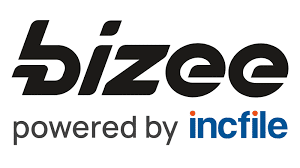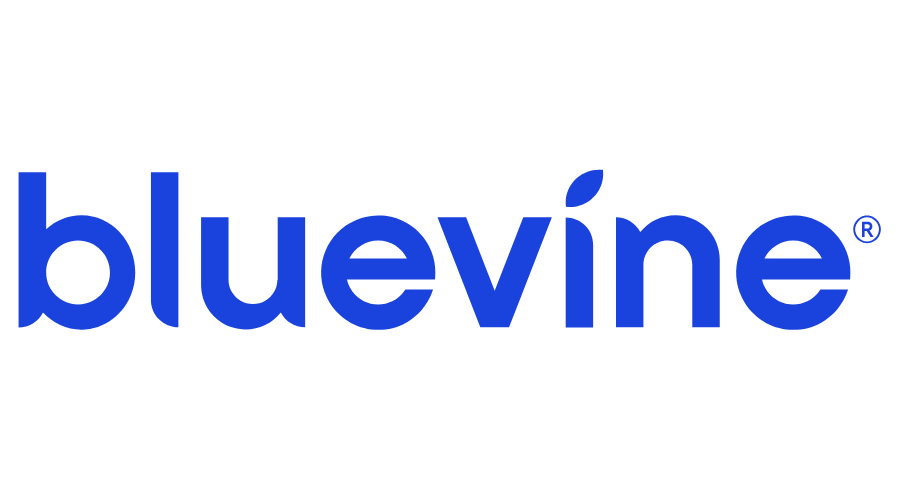If you’re starting your first business, it’s easy to get overwhelmed. Between choosing the right legal structure, registering your business, and getting the right documents in place, there’s a lot that can go wrong.
And the truth is, most mistakes happen not because people are lazy, but because they simply didn’t know better.
In this blog, we’re breaking down the most common business formation mistakes new entrepreneurs make and exactly how you can avoid them. Whether you’re launching a service, starting an online brand, or freelancing full-time, this guide will save you time, money, and stress. Let’s jump in.
Mistake #1: Picking the Wrong Business Structure
Many first-time founders default to a sole proprietorship because it’s fast and free. But that means no legal protection for your personal assets. If someone sues your business, they can come after your personal savings, car, or home.
What to do instead:
In most cases, forming an LLC (Limited Liability Company) is the better move. It separates your business and personal finances and makes your business look more legit. LLCs are also flexible with taxes; you can choose to be taxed as a sole prop, partnership, or even an S-Corp later.
If you’re a licensed professional, like a lawyer, doctor, or CPA, your state may require a PLLC or PC instead. Always check your state’s rules.
Mistake #2: Not Using a Registered Agent
A registered agent is the official contact who receives legal and government mail for your business. Some people try to do this themselves, but that comes with downsides, including missing important documents or getting served in front of clients.
What to do instead:
Use a registered agent service. They’ll receive documents for you and forward them securely. Plus, you get added privacy.
Some great options include:
- Northwest Registered Agent (great support and privacy)

- Special $39 pricing to form your company
- Well-established and trusted service
- Includes free registered agent service for 1 year ($125 value)
- Privacy is guaranteed so your info stays off public records
- Fast filing and processing times
BEST OVERALL FOR BUSINESS FORMATION
- Bizee (offers free LLC formation, just pay state fees)

Starting from $0 + State Fee
Key Features
Streamlined LLC formation and compliance services
Business license registration and management
Registered agent services for ongoing compliance
Why We Recommend It
- Provides a free LLC formation service (state fees still apply)
- Free registered agent service for the first year
- Ensure that all your contracts, documents, and forms are solid without the expense of hiring a lawyer
- Fast filing process that can be completed in as little as a few minutes
Pros & Cons
- Quick and easy LLC formation process
- Comprehensive compliance tools
- Affordable pricing for small businesses
- Limited additional services compared to larger competitors
- Some services may require additional fees
- Tailor Brands (good for creators and side hustlers)
- Form your LLC for $0 + get an extra 35% off
- Includes branding and tax assistance
- Access to a 24/7 priority support team
- Fast and efficient LLC filing services
- Expert guidance throughout your business journey
BEST FOR QUICK AND AFFORDABLE BUSINESS FORMATION
It’s a small yearly fee that can save you from big headaches.
Mistake #3: Mixing Personal and Business Finances
This one’s huge. If you’re using your personal bank account for business, you risk piercing the corporate veil, which means losing your liability protection. It also makes taxes messier and kills your chances of building real business credit.
What to do instead:
Open a dedicated business bank account as soon as your LLC is approved. You’ll need an EIN from the IRS (which is free and easy to get online). Use this account for all income and expenses.
Pro tip: Banks like Bluevine or Novo are digital-friendly and great for startups.

Get up to 3.7% APY, discounts on most Standard payment fees, and no monthly fees.
Key Features
High-Yield Business Checking: Earn 1.5% APY on balances up to $250,000 with the Standard plan when meeting monthly activity requirements. Upgrade to Plus or Premier plans to earn up to 3.7% APY on balances up to $3 million, without activity requirements.
Fee-Free Banking: No monthly fees, overdraft fees, or minimum balance requirements. Enjoy unlimited transactions and free standard ACH transfers.
Digital Tools for Business Management: Access features like mobile check deposit, bill pay, sub-accounts for budgeting, and integration with accounting software like QuickBooks and Xero.
Why We Recommend It
Bluevine offers an online banking solution tailored for small businesses. Its combination of high-interest earnings, minimal fees, and digital tools makes it an attractive option for entrepreneurs seeking efficient financial management.
Pros & Cons
- Competitive interest rates on checking balances
- No monthly or overdraft fees
- User-friendly online and mobile banking platforms
- No physical branch locations for in-person banking needs
- Customer support is not available on weekends
Mistake #4: Not Having an Operating Agreement
Even if you’re a solo founder, skipping this step can lead to problems later. An operating agreement outlines how your business runs, who owns what, and what happens if someone leaves or the business shuts down.
Some states even require it for LLCs.
What to do instead:
Use a template from LegalZoom or Rocket Lawyer, or have a basic one reviewed by a business attorney. It doesn’t need to be fancy — just cover the essentials.
Mistake #5: Forgetting to Register for the Right Licenses
You might think forming an LLC is the only step. But depending on your industry and location, you may need a business license, seller’s permit, or professional certification to legally operate.
What to do instead:
Check your city, county, and state websites for license requirements. If you’re hiring contractors, you may also need an EIN and possibly workers’ comp insurance.
Mistake #6: Not Getting an EIN (Even as a Solo Owner)
Some solo business owners skip the EIN and use their Social Security Number for everything. This opens you up to identity theft and limits your ability to grow.
What to do instead:
Go to the IRS website and apply for a free EIN. You’ll need it to open a bank account, file taxes, and hire help. You can even use it to build business credit and apply for a credit card later.
Mistake #7: Registering in the Wrong State
Some people register their LLC in Delaware or Wyoming because they hear it’s “better”, but unless you live or operate there, it often makes things harder.
You could end up needing to register as a foreign LLC in your actual state, which means more fees and paperwork.
What to do instead:
If you’re running a small business or freelancing, register your LLC in your home state. It’s simpler, cheaper, and keeps you compliant.
Mistake #8: Not Protecting Your Brand Early
Skipping a trademark search or domain check can lead to legal issues or force you to change your name down the line.
What to do instead:
Before you file anything, check that your business name is available:
- Do a Google search
- Check domain availability on Namecheap or GoDaddy
- Search the USPTO trademark database
If you plan to grow your brand, consider registering the trademark early.
Mistake #9: Skipping the Tax Planning
New founders often miss quarterly tax payments or don’t track their deductions, which leads to huge bills in April.
What to do instead:
Hire a CPA or use a tool like Keeper Tax or QuickBooks Self-Employed. At a minimum, set aside 25-30% of every payment you receive and track your expenses.
If your business income grows, ask your CPA if it makes sense to elect S-Corp status to reduce self-employment tax.
Mistake #10: Waiting Too Long to Start
Some people spend months researching, tweaking their logo, or writing the “perfect” business plan. Meanwhile, their competitors are getting real customers.
What to do instead:
Register your LLC, open a bank account, and launch. You can refine your website, logo, or marketing later. Momentum matters more than perfection.
Final Thoughts
Starting your business is exciting, but skipping the legal stuff can cost you. Avoiding these common mistakes now means fewer surprises later.
Keep it simple. Set it up right. Then focus on growing.

